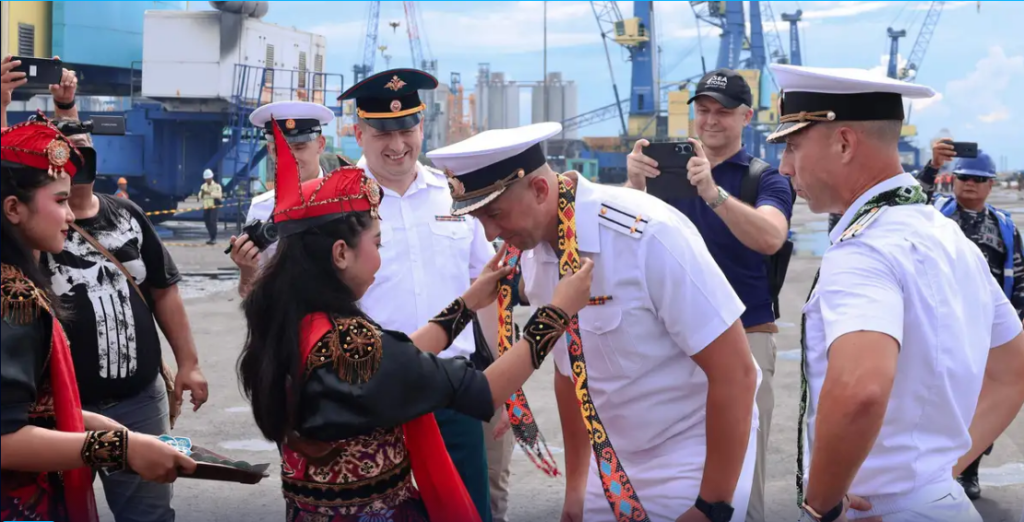Russia and Indonesia Conduct Joint Military Exercises: Key Takeaways
Indonesia and Russia have initiated their first joint military training drills in the Java Sea, marking a significant step in Jakarta’s efforts to strengthen ties with Moscow. Four Russian warships arrived at Surabaya port on Sunday, setting the stage for the five-day exercise. Although Indonesia maintains a neutral foreign policy, President Prabowo Subianto has committed to enhancing defense relations with Russia. Indonesia continues to engage in military exercises with various countries, including the United States.
What Does Indonesia Gain from Closer Military Ties with Russia?
There are two main aspects to consider regarding Indonesia’s growing military cooperation with Russia. Firstly, the joint military exercises are vital for enhancing the capabilities of the Indonesian military. Such drills are not uncommon; Indonesia recently conducted a similar training exercise with a German naval vessel.
Secondly, and perhaps more critically, are the economic benefits that Indonesia seeks from this partnership. As the largest market in Southeast Asia, Indonesia is looking to strengthen its economic ties with Russia, particularly in areas such as energy, fertilizers, and wheat imports. President Prabowo Subianto expressed his intentions to deepen relations with Russia as early as July when he was still the president-elect.
Geopolitical Implications in the Pacific
Indonesia’s neutral stance in international politics allows it to navigate the complexities of the US-China rivalry. This geopolitical landscape has led several Southeast Asian nations to pursue partnerships within the BRICS alliance, which includes Russia and China. This relationship could enhance Indonesia’s autonomy in the ongoing power struggle between the US and China, providing Jakarta with additional diplomatic options.
Impact on Indonesia’s Military Relations with the US
President Prabowo Subianto, who previously served as the Defense Minister, has shown a clear interest in maintaining military ties with Russia, exemplified by a $1.5 billion arms deal for fighter jets. Despite potential sanctions from the US, he has demonstrated a sympathetic stance towards Russia. However, it’s important to note that Indonesia continues to conduct significant military exercises, such as the annual Garuda Shield, in collaboration with the United States. Officials emphasize the desire to remain neutral while partnering with any country willing to engage with Indonesia.
Conclusion
As Indonesia embarks on its military partnership with Russia, the implications for regional dynamics and international relations are significant. The combination of military and economic interests positions Indonesia to navigate its foreign policy while maximizing autonomy amid global power rivalries.

